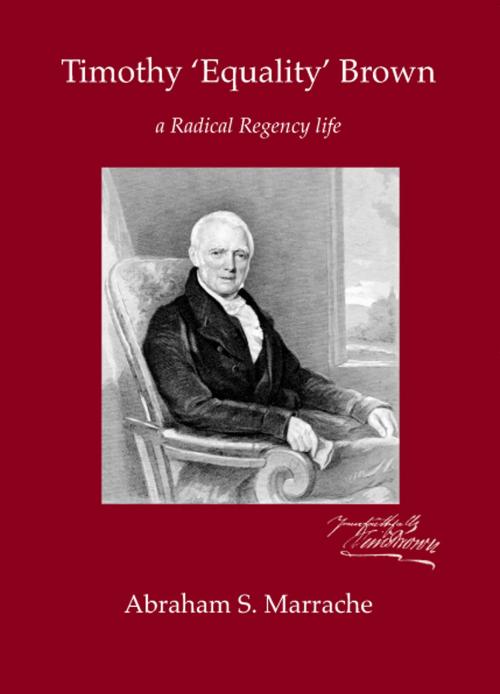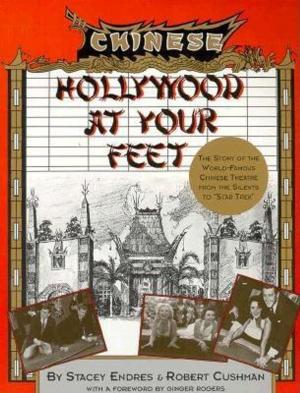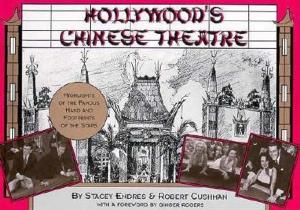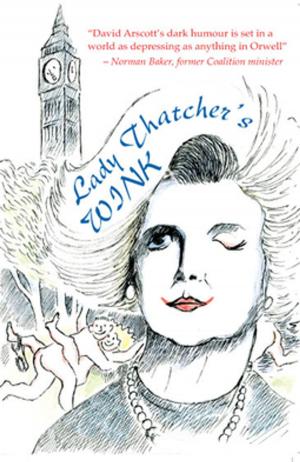| Author: | Abraham Marrache | ISBN: | 9781907242663 |
| Publisher: | Pomegranate Press | Publication: | October 15, 2017 |
| Imprint: | Pomegranate Press | Language: | English |
| Author: | Abraham Marrache |
| ISBN: | 9781907242663 |
| Publisher: | Pomegranate Press |
| Publication: | October 15, 2017 |
| Imprint: | Pomegranate Press |
| Language: | English |
This monograph celebrates the life of a remarkable man of Regency times – the banker, brewer, wine merchant and hop factor Timothy Brown. Its publication also serves to mark the bicentenary of his elevation to Master of the Worshipful Company of Brewers, in 1817. Brown was as well known for his advanced, reformist views in the politics of the day –earning him the soubriquet ‘Equality’ Brown – as for his acts of philanthropy and Radical patronage. A self-declared deist, dissenter and anti-Hanoverian during the tempestuous early 1800s, he regularly hosted soirées for free-thinking politicians, philosophers and literati at Peckham Lodge, his London home. Brown counted among his friends and acquaintances such personalities as the controversial clergyman John Horne Tooke, the Rural Rides author William Cobbett, the anarchist William Godwin, the colourful reformist Sir Francis Burdett Couttsand the Whig advocates Lords Thurlow and Erskine. With the constant threat of Napoleonic invasion hanging in the air, Brown regularly found himself under surveillance by the authorities on account of his known socio-political views and for subscribing to supposedly seditious foreign papers. Always discreet, however, he avoided arrest – and went on to accumulate considerable wealth and to finance publications such as ‘that organ of infidel philosophy’ The Theologica lInquirer and the third part oThomas Paine´s The Age of Reason. This monograph celebrates the life of a remarkable man of Regency times – the banker, brewer, wine merchant and hop factor Timothy Brown. Its publication also serves to mark the bicentenary of his elevation to Master of the Worshipful Company of Brewers, in 1817. Brown was as well known for his advanced, reformist views in the politics of the day –earning him the soubriquet ‘Equality’ Brown – as for his acts of philanthropy and Radical patronage. A self-declared deist, dissenter and anti-Hanoverian during the tempestuous early 1800s, he regularly hosted soirées for free-thinking politicians, philosophers and literati at Peckham Lodge, his London home. Brown counted among his friends and acquaintances such personalities as the controversial clergyman John Horne Tooke, the Rural Rides author William Cobbett, the anarchist William Godwin, the colourful reformist Sir Francis Burdett Couttsand the Whig advocates Lords Thurlow and Erskine. With the constant threat of Napoleonic invasion hanging in the air, Brown regularly found himself under surveillance by the authorities on account of his known socio-political views and for subscribing to supposedly seditious foreign papers. Always discreet, however, he avoided arrest – and went on to accumulate considerable wealth and to finance publications such as ‘that organ of infidel philosophy’ The Theologica lInquirer and the third part oThomas Paine´s The Age of Reason.
This monograph celebrates the life of a remarkable man of Regency times – the banker, brewer, wine merchant and hop factor Timothy Brown. Its publication also serves to mark the bicentenary of his elevation to Master of the Worshipful Company of Brewers, in 1817. Brown was as well known for his advanced, reformist views in the politics of the day –earning him the soubriquet ‘Equality’ Brown – as for his acts of philanthropy and Radical patronage. A self-declared deist, dissenter and anti-Hanoverian during the tempestuous early 1800s, he regularly hosted soirées for free-thinking politicians, philosophers and literati at Peckham Lodge, his London home. Brown counted among his friends and acquaintances such personalities as the controversial clergyman John Horne Tooke, the Rural Rides author William Cobbett, the anarchist William Godwin, the colourful reformist Sir Francis Burdett Couttsand the Whig advocates Lords Thurlow and Erskine. With the constant threat of Napoleonic invasion hanging in the air, Brown regularly found himself under surveillance by the authorities on account of his known socio-political views and for subscribing to supposedly seditious foreign papers. Always discreet, however, he avoided arrest – and went on to accumulate considerable wealth and to finance publications such as ‘that organ of infidel philosophy’ The Theologica lInquirer and the third part oThomas Paine´s The Age of Reason. This monograph celebrates the life of a remarkable man of Regency times – the banker, brewer, wine merchant and hop factor Timothy Brown. Its publication also serves to mark the bicentenary of his elevation to Master of the Worshipful Company of Brewers, in 1817. Brown was as well known for his advanced, reformist views in the politics of the day –earning him the soubriquet ‘Equality’ Brown – as for his acts of philanthropy and Radical patronage. A self-declared deist, dissenter and anti-Hanoverian during the tempestuous early 1800s, he regularly hosted soirées for free-thinking politicians, philosophers and literati at Peckham Lodge, his London home. Brown counted among his friends and acquaintances such personalities as the controversial clergyman John Horne Tooke, the Rural Rides author William Cobbett, the anarchist William Godwin, the colourful reformist Sir Francis Burdett Couttsand the Whig advocates Lords Thurlow and Erskine. With the constant threat of Napoleonic invasion hanging in the air, Brown regularly found himself under surveillance by the authorities on account of his known socio-political views and for subscribing to supposedly seditious foreign papers. Always discreet, however, he avoided arrest – and went on to accumulate considerable wealth and to finance publications such as ‘that organ of infidel philosophy’ The Theologica lInquirer and the third part oThomas Paine´s The Age of Reason.















